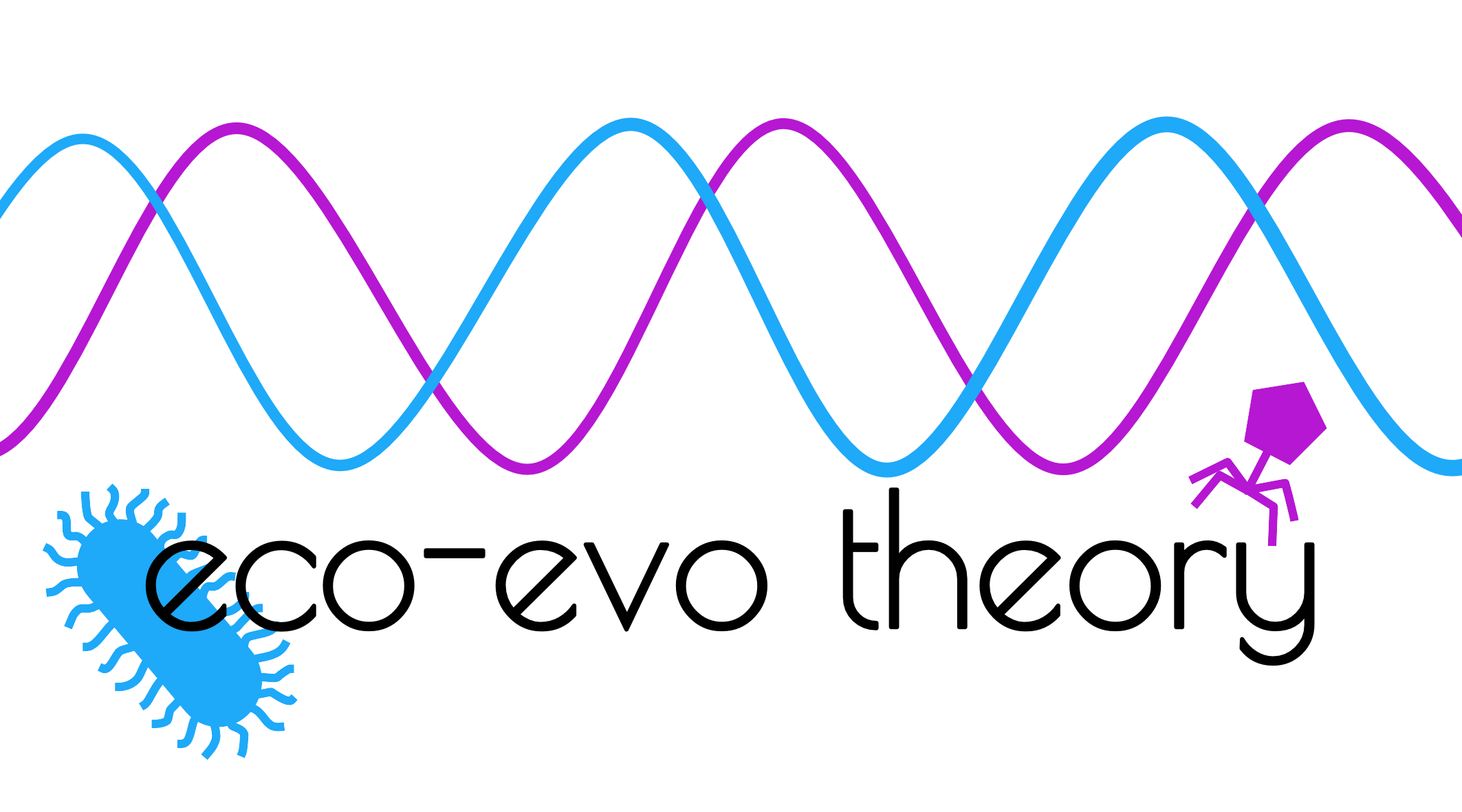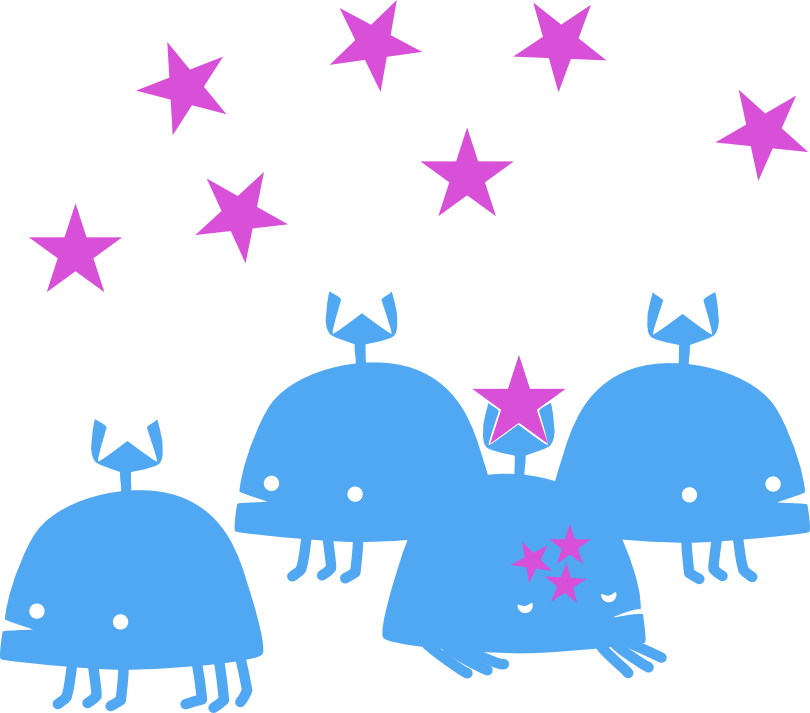Summary
The following statement outlines: the general research ethos of the group; academic integrity; diversity, equity and inclusivity; health, wellbeing and work-life balance; and the obligations for all group members. ‘We’ refers to the group as a whole, while ‘I/me’ refers to the PI, Dr Ben Ashby.
The material below is based heavily on the work of other PIs who were kind enough to share theirs publicly – these include: Dr Catherine Hobaiter (whose work the material above is primarily based), Prof. Dan Bolnick, Dr Kirstie Whitaker, Dr Christie Bahlai, and Dr Timothée Poisot. If you are a PI, please adapt and use the material below for your group as you see fit.
Research ethos
Science is hard. We are here to challenge ourselves to learn new ideas, and if we don’t understand, we ask questions. We take intellectual risks, but these leaps are taken from a solid research foundation. We do no harm. We do the reading, we do the groundwork, and we double check.
We are ambitious, but also recognise that the definition of success is different for each of us. We celebrate success no matter how small, but also acknowledge that failure is common in academia (e.g. paper or grant rejections).
We attend group meetings, journal clubs, and seminars. Even where these are not directly in our area of interest they are an opportunity to learn new approaches and to participate in wider scientific discussion.
Academic integrity
All group members must complete the University’s Academic Integrity Training and adhere to its principles.
Honesty is essential for correct science. We prefer to avoid mistakes, but mistakes happen for all of us. We take a deep breath, acknowledge them, and fix them. We are members of a wider scientific community; we both contribute to it, and draw upon it when needed. We communicate openly with our colleagues. We seek out frank but constructive and kind criticism. We return the favour.
We support open science. We make our research data freely available whenever possible, to support future use. We produce and share reproducible and re-usable code, so people can understand our methods, and so future scientists can learn from our efforts without duplicating them. We welcome feedback. We acknowledge contributions to our work, and cite the ideas of others – we don’t work in a vacuum.
Diversity, equity and inclusivity
Our culture is inclusive. Everyone in this group is treated with respect and dignity and is able to work towards their individual aspirations. We do not tolerate bigotry, abuse, or harassment. We value and support diversity in the workplace. Our ‘workplace’ includes the countries and communities we work in around the world.
We recognise that academia and wider society have structural biases that unfairly disadvantage some at the expense of others. We support efforts to improve diversity in academia and use our platform to advocate for and enact reform. People from underrepresented groups are especially encouraged to apply to join the group.
Health, wellbeing, and work-life balance
We are an open and supportive group. Health and personal difficulties, including mental illness, are common challenges people in academia face, as in many walks of life. If there are issues at home, or especially with health (mental or otherwise) that you would like to talk about, you are always free to talk to me. You can also ask me for advice on who to talk to about an issue that you don’t want to discuss in detail with me.
Engaging with the problem by discussing it with your peers, supervisors, or whoever you are comfortable talking to can go a long way towards getting help and accommodation. However, we also recognise the right to privacy, and you do not have to share anything with the group or PI that you are not comfortable with.
We are fortunate to work in an area where flexible working hours are the norm. These can be both a plus and difficult to manage. At times we may be expected to temporarily work longer hours to meet deadlines, but everyone is entitled to a healthy work-life balance, including time away from emails. We acknowledge that others may work unusual hours or be in different time zones, and adjust our expectations accordingly.
Authorship
You earn first authorship if you do most of the modelling/data collection, analysis, and writing.
You earn co-first-authorship if you and someone else either did equal amounts of work or each contributed most of different stages (e.g. analysis, writing)
You earn co-authorship if you contribute essential effort to getting a substantial portion of the modelling, data, analysis, or writing of the paper.
You earn co-authorship if you develop a methods contribution (e.g. a coding scheme or analysis) that you are happy to share, and have not yet published with yourself.
You must have read, understood, and approved any paper you are co-author on. We will make sure that everyone who has collected a substantial portion of the data has the opportunity to do so.
PI obligations to group members
I am deeply invested in helping you develop as a colleague, a scientist, and a part of our global community. My job is to help you achieve your career and life goals, to the best of my ability. I also believe that the supervisor-supervisee relationship is reciprocal: you have experiences, skills and ideas that I do not, please share them!
- I will typically hold a weekly one-to-one meeting with all group members. Occasionally this may have to be slightly shorter or be cancelled due to other commitments.
- I will give you timely feedback on ideas, manuscripts, etc. I often have many competing demands, so please be patient if I do not respond immediately. If I do not respond within a week, please remind me.
- I strive to provide direction, support, and resources wherever I can, and connect you to people that can help, when I can’t.
- I write your recommendation letters for jobs and fellowships (please give me advanced warning, at least two weeks).
- Conflict resolution is my job. If people aren’t getting along, or something is wrong, please talk to me. You may also talk to your Director of Studies.
Group member obligations
I mainly ask that you bring a willingness to work and to think hard, to be open to changing and developing yourself, and a commitment to science, truth, and kindness. I will endeavour to bring the same things to our relationship. My ‘door’ is open (even if it’s through email, Zoom, etc..).
Be independent to the extent you can, teaching yourself skills, solving problems. Talk to your peers, if possible – they are a valuable resource who may have solved similar problems in the past or have a fresh perspective. If you come up against a problem you can always talk to me about it, but think it through carefully first – what are our options, what might the next step be? Talk to me before you are in a rut.
- Respond to and engage with requests in a timely manner.
- Welcome constructive feedback on your work.
- Be creative and productive. That often involves working efficiently, rather than super-long hours.
- Tell me when there is a problem, in the group, with your project, or with other people.
- Attend seminars and journal clubs. We will agree a sensible check-in schedule. Stick to it, even if it’s just to say all is OK.
- Back up your data on a daily basis (or better, in real-time), then back it up again somewhere else.
- Maintain your own professional development.
- Be kind to yourself and others.
Some tips for new researchers
- Practice asking questions. Write down > 1 question per seminar talk you see. If you don’t get a chance to ask the speaker, ask someone else in the group.
- Read more than you think you can and outside of your immediate field, you are a scholar training to be a world expert on a specific topic, but that is best founded on holistic understanding.
- Know the history of the ideas you are studying. This includes reading the old classic papers.
- Keep a notebook with ideas and observations.
- Practice public speaking (even if it’s just to our group at first). Aim to present your research at a conference, to learn about the latest developments and to network with other researchers.
- Make a twitter account, it’s the best way to extend your scientific network in our field. You can use this to find new papers, funding, and jobs. You can also use this to share and participate actively in the online community. Treat this as an extension of your working self, engage our community honestly and respectfully.
- Read about scientific ethics, philosophy of science, and history of science.
- Learn to keep a budget of research expenses.

